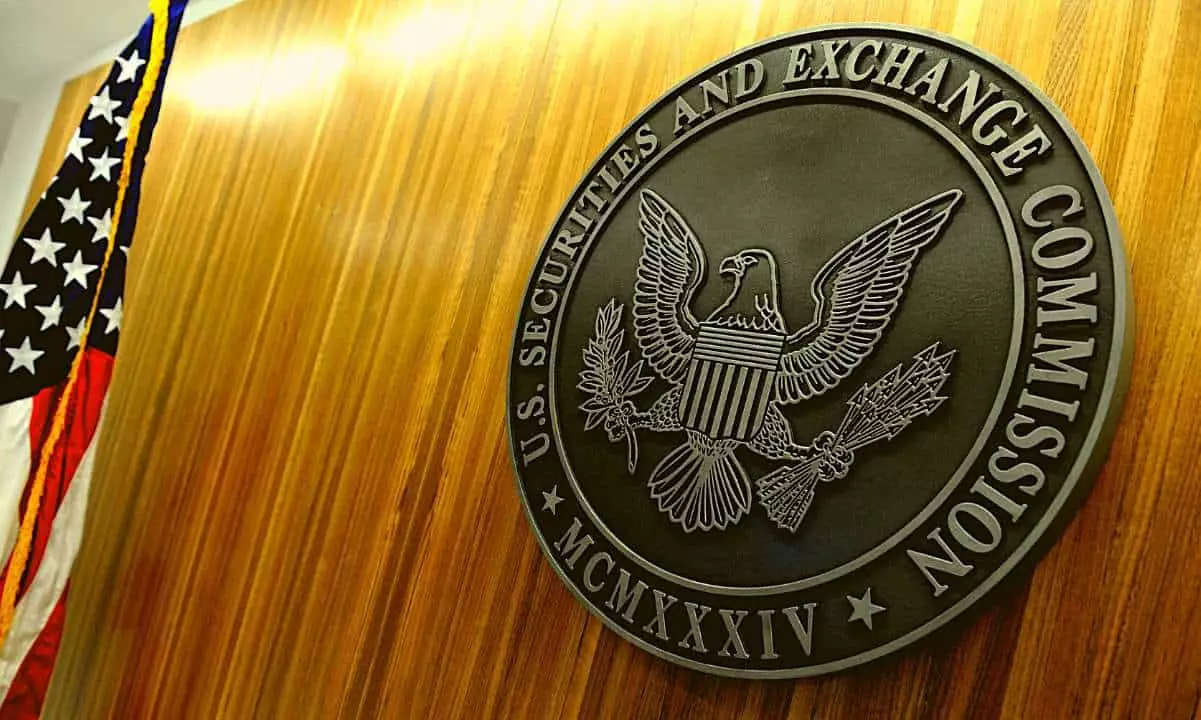Galois Capital, a crypto-focused advisory firm that custodied client assets at FTX, has found itself in hot water with the U.S. Securities and Exchange Commission. The SEC has recently levied charges against Galois Capital for failing to ensure that the crypto held by the private fund it was advising was held with a qualified custodian, instead opting to hold them with unqualified crypto trading platforms such as FTX. As a result, Galois has agreed to pay a civil penalty of $225,000, which will be distributed to harmed investors of the fund. This marks another case of regulatory action in the cryptocurrency space, highlighting the importance of compliance and transparency in the industry.
The SEC’s investigation revealed that approximately half of the fund’s assets under management from early to mid-November 2022 were lost in connection with the collapse of FTX. This collapse was the largest corporate crypto failure in history, resulting in customers losing $8 billion and investors losing $1.7 billion. During the trial of FTX’s CEO Sam Bankman Fried, it was found that he and other executives had engaged in massive fraud, secretly trading and losing customer funds with FTX’s sister trading desk, Alameda Research. The fallout from FTX’s collapse extended beyond financial losses, leading to mass contagion and bankruptcies of other firms that had placed their trust in FTX, including BlockFi, Genesis, and Gemini Earn.
In addition to the mismanagement of client assets, the SEC also found that Galois misled some investors by providing false information about withdrawal requirements. While claiming that withdrawals required five business days’ notice before month-end for some investors, others were allowed to redeem on shorter notice. This inconsistent and misleading information exposed investors to significant risks, including the potential loss, misuse, or misappropriation of fund assets, including crypto assets. Corey Schuster, Co-Chief of the SEC Enforcement Division’s Asset Management Unit, emphasized the importance of holding advisers accountable for violating investor protection obligations.
Without admitting or denying the allegations, Galois agreed to pay the civil penalty imposed by the SEC and agreed to an order preventing further violations of the Investment Advisers Act. In a statement on Twitter, Galois Capital expressed relief at putting the SEC matter behind them, mentioning that they had used Fireblocks as their crypto custodian. While Fireblocks is a prominent infrastructure provider in the crypto industry, it was not classified as a qualified custodian. Galois defended their decision by stating that they believed Fireblocks was the best solution for their needs and the safest way to secure crypto for their investors at the time, highlighting the challenges of navigating regulatory requirements and safeguarding client assets in the volatile cryptocurrency market.
The case of Galois Capital serves as a cautionary tale for advisory firms operating in the cryptocurrency space. Regulatory compliance, transparency, and diligent risk management are essential components of maintaining investor trust and safeguarding client assets. The SEC’s enforcement actions underscore the consequences of failing to meet these obligations, highlighting the need for continued vigilance and adherence to industry best practices in the fast-evolving world of cryptocurrency investments.

